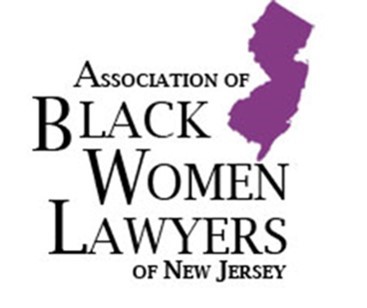Social Justice Committee Policy & Legislative Analysis

By: Sharon Price-Cates
Governor Phil Murphy signed into law on September 15, 2020 P.L. 2020, c. 85. Under the new law, there is a rebuttable presumption that certain “essential” employees who become ill and unable to work due to the coronavirus (COVID-19) contracted it on the job. Thus, for purposes of the workers’ compensation system, to deny benefits to workers deemed “essential” the burden of proof is on the employer to demonstrate by a preponderance of evidence that the employee did not contract COVID-19 on the job. Working from home is not “on the job.”
The bill is effective immediately, and is retroactive to March 9, 2020, when the Governor declared the COVID-19 pandemic state of emergency under Executive Order 103. The bill is intended to facilitate providing “front-line” workers becoming ill due to COVID-19 with wage replacement, healthcare treatment and disability, and all other benefits available through the workers’ compensation system, if necessary.
For purposes of P.L. 2020, c. 85, “essential” workers means public and private workers performing functions that involve close proximity to members of the public and who are essential to the public’s health, safety, and welfare incident to a declared state of emergency. The definition is not limited to first responders such as police, fire, emergency medical personnel, health care providers and other workers in health care facilities. It also includes transportation services, hotel and other residential services, financial services, and the production, preparation, storage, sale, and distribution of goods such as food, beverages, medicine, fuel, and supplies for conducting essential businesses.
The Centers for Disease Control and Prevention (CDC) guidance credits the primary spread of COVID-19 to close person-to-person transmission through respiratory droplets from coughs, sneezes, and talking. The CDC also recognized several factors that contribute to increased risk of contracting COVID-19, including a worker’s occupation, as well disparate impacts resulting because “some racial and ethnic minority groups are disproportionately represented in essential work settings such as healthcare facilities, farms, factories, grocery stores, and public transportation.”[1] As a consequence, “some people who work in theses settings have more chances to be exposed to the virus that causes COVID-19 due to several factors, such as close contact with the public or other workers, not being able to work from home, and not having paid sick days.”[2]
Senator President Stephen Sweeney (D7) along with Senators Nicholas Scutari (D20), Robert Singer (D30) and Linda Greenstein (D14) were the primary sponsors (S2380) in the Senate. In the General Assembly, Thomas Giblin (D34), John Burzichelli (D3), Carol Murphy (D7) and John Downey (D11) were the primacy sponsors (A3999).
Supporters of the bill included New Jersey Citizens Action, a statewide grassroots organization advocating for social, racial and economic justice. In testifying before the Senate Labor Committee, Citizens’ Action addressed concern to protect essential workers risking their lives during the pandemic to provide essential services, particularly low-income workers who are in occupations with limited or no access to health care benefits, wage replacement and paid medical and paid sick leave. Several unions, including Smart Transportation, New Jersey State AFL-CIO, Allied Employees Union and NJPBA also supported the bill.
Approximately 80 business organizations lead by the New Jersey Business and Industry Association had issued a joint letter to the Senate Labor Committee strongly opposing the bill, raising concerns of overburdening the workers’ compensation system, increasing workers’ compensation premiums and not utilizing federal funds purportedly available under the Coronavirus Aid, Relief and Economic Security Act. The coalition similarly had urged Governor Murphy to veto, or conditional veto, which had passed in the Senate 27-10 and in the General Assembly 42-27-6.
[1] https://www.cdc.gov/coronavirus/2019-ncov/community/health-equity/race-ethnicity.html. Last visited September 18, 2020.
[2] ibid.

